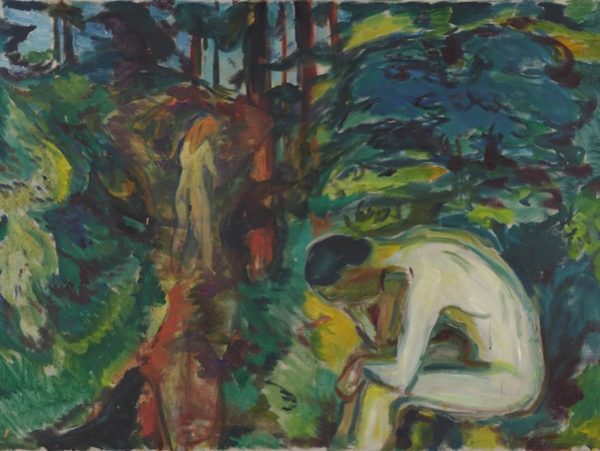
Unwanted solitude can be found throughout history, from those who have had solitude foisted upon them by unhappy accident, as in the case of castaways, most famously represented by Robinson Crusoe, to those who suffer solitude by design, as in the case of people exiled from their homes or confined and imprisoned away from others.
In modern times, there are forms of involuntary solitude we call ‘loneliness’ or ‘social isolation’. Our project looks at those issues separately; in this research strand we concentrate on the most extreme, and often most damaging, varieties of solitude inflicted upon individuals at the behest of providence or fate (as pre-moderns would have regarded the castaway’s plight) or by authoritarian regimes and institutions who use solitude as a weapon of punishment and oppression.
Solitary confinement has long been regarded as a particularly cruel and degrading carceral practice but today it is widespread throughout prison systems, both in totalitarian states and liberal democracies.
In the past, psychiatric institutions also made much use of solitary confinement to control patients; this still occurs today, albeit to a lesser degree since the closure of asylums. What does the experience of enforced solitude do to people, and how can this weaponisation of solitude be prevented?
Further reading
- Seven Years Solitary – book by Edith Bone (1957)
- Solitary Confinement – book by Lisa Guenther (2013)
- Darkness at Noon – book by Arthur Koestler (1940)
- Solitary Confinement: Effects, Practices, and Pathways Towards Reform – book of essays edited by Jules Lobel and Peter Scharff Smith (2020)
Further listening
- Captured – docudrama directed by John Krish (2003)
- ‘The People’s Tribunal as Manifestation of Agency’ – seminar discussion with Shokoufeh Sakhi (2014)
- The Prisoner – film directed by Peter Glenville (1955)
Blogs and colloquium papers
Our network of researchers frequently write posts for our blog on involuntary solitudes. You can read their blog posts here.
Over the course of our project, we met regularly with our research network to discuss the themes of our project. You can read a selection of their colloquium papers on involuntary solitudes here.